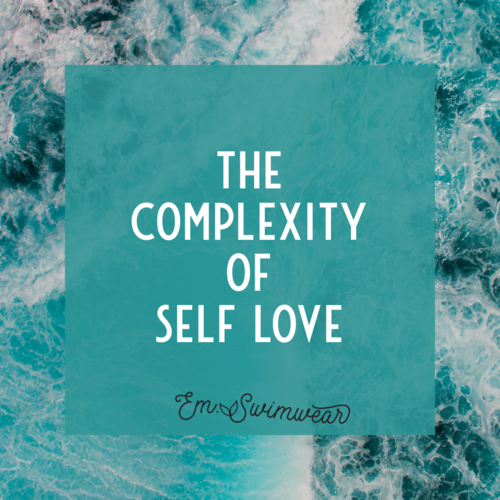Quick, you have five seconds to think of the loveliest organ of the human body. Ready? Go!
…
…
…
Are you done?
Well, what were your answers? Was it a voluptuous chest region? Was it long and slender legs? Was it a warm smile on beautiful face? Or was it toned and well defined muscles? Well, I hate to be the bearer of bad news, but unless you said the brain then you got it wrong.
Yes, the human brain is truly a marvel of natural engineering and the organ solely responsible for us even having a sense of what is lovely and what isn't. It’s kind of a paradoxical organ when you think about it. We wouldn't even need to have the body positivity/self-love movement if the human brain didn't force us to have preferences, but it is also, arguably, the greatest victim of its own vain choices.
While the movement in its current form already puts a great deal of emphasis on the importance of mental health far better than I could explain in a short blog post, there is one thing about the brain and human mind I would like to focus on and that is what is love and how does our brain process it?
Some popular answers to this question that have popped up in history include:
-
A series of chemicals that mess with our mind in order to ensure that we mate and, therefore, continue the succession of our DNA and the survival of our species.
-
A sociological bond that forms between humans because we innately realize we are stronger together than by ourselves.
-
A group of invisible people that take immense pleasure with screwing with mortals.
While these theories may have degrees of truth to them and the debate about what the true definition of love is ever ongoing, I would like to devote the rest of this article to talking about the theory that love is a complex emotion.
Now, when I say that love is a complex emotion, this doesn't necessarily mean that I think that love is a difficult emotion to understand (though it's certainly not easy), but rather that it is an emotion with a lot of moving parts to it and at the center is our sweet, sexy brain. The theory that love is a complex emotion basically says that our minds are constantly recording and interacting with the world and, in the process, it's trying to craft some kind of narrative to keep track of everything. Think of it like a really long Instagram feed. Our nervous system is constantly recording everything we experience and our brain is cataloging and captioning each of those experiences to be retrieved later. The theory suggests that our understanding of love is simply the sum total of those experiences our brains have catalogued from certain sensory markers and that's why different people and cultures can have radically different expectations for what love is or should be.
So why bring up the theory of love as a complex? Well, if this theory has any credibility to it, then there is a lot in our modern life that threatens to disrupt our love complex. From the rise to social media to an economy that is becoming increasingly focused on producing interactive content, there are a myriad of different distractions that can derail the complex feelings and memories that make up our sense of what love is.
Does this mean that I think we should all return to a wild, pre-industrial lifestyle?
God no! Then you wouldn't be able to engage with my half-baked blog posts.
Instead, I wanted to bring up this theory of love in order to encourage more people to take a metaphorical look under the hood to see what love looks like to them. How is everything running? Are there any serious problems or patterns that need to be addressed? When was the last time you gave everything a tune up/update? I believe in the importance of self-love, but it's hard to discuss what self-love should be without first understanding what love in general should look like for each person.

